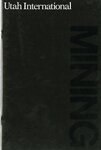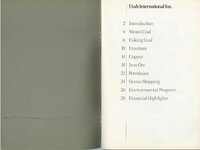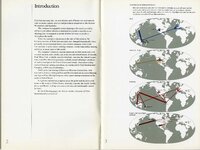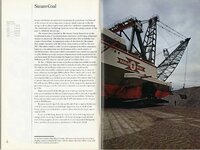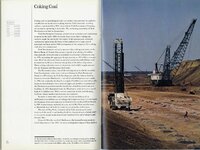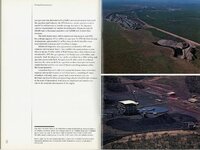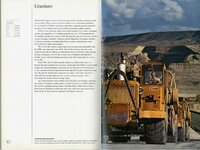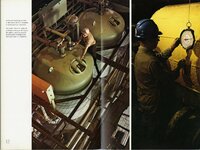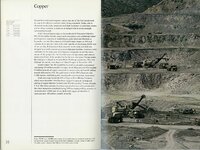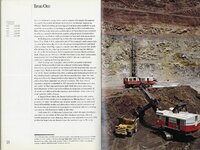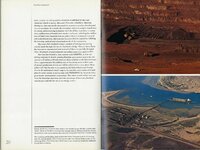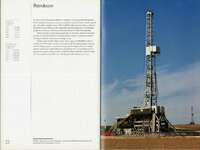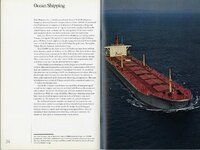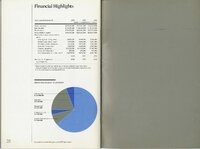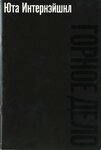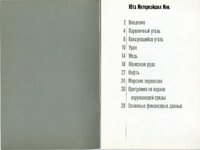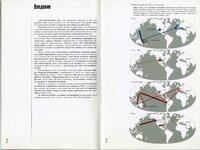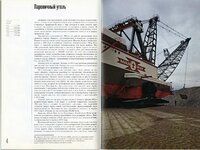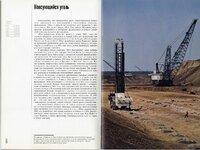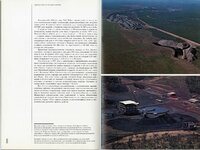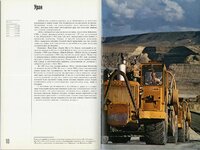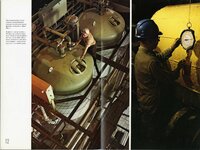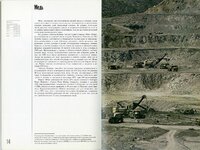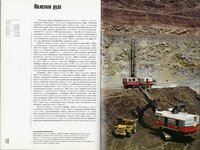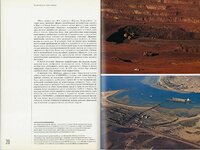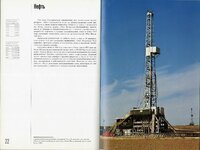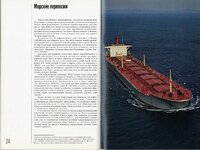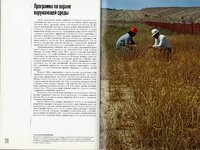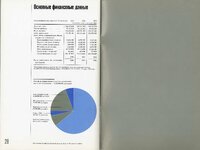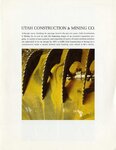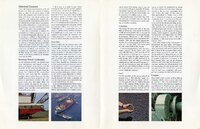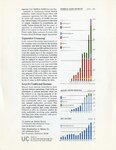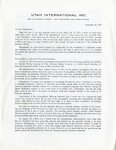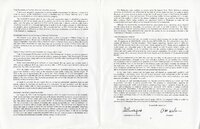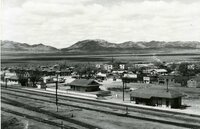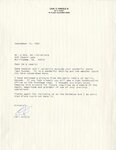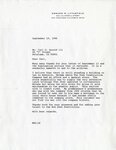| Title |
Miscellaneous |
| Description |
This collection contains a copy of speeches given by E.W. Littlefield from 1952-1997. Of interest is a report on Utahs Mining in Russia and a photograph with accompanying text about the company owned ranches in Montello, NV. |
| Subject |
Littlefield, Edmund W. (Edmund Wattis), 1914-2001; Speeches; Correspondence; Stanford University; San Francisco (Calif.); Utah International Inc.; General Electric Corporation |
| Digital Publisher |
Stewart Library, Weber State University, Ogden, Utah, USA |
| Date Digital |
2010 |
| Temporal Coverage |
1952; 1953; 1954; 1955; 1956; 1957; 1958; 1959; 1960; 1961; 1962; 1963; 1964; 1965; 1966; 1967; 1968; 1969; 1970; 1971; 1972; 1973; 1974; 1975; 1976; 1977; 1978; 1979; 1980; 1981; 1982; 1983; 1984; 1985; 1986; 1987; 1988; 1989; 1990; 1991; 1992; 1993; 1994; 1995; 1996; 1997 |
| Item Description |
a 28 page booklet, along with a few miscellaneous pages, and a photo |
| Spatial Coverage |
San Francisco, San Francisco County, California, United States, http://sws.geonames.org/5391959, 37.77493, -122.41942 |
| Type |
Text; Image/StillImage |
| Conversion Specifications |
Archived TIFF images were scanned with an Epson Expression 10000XL scanner. JPG and PDF files were then created for general use. |
| Language |
eng |
| Relation |
https://archivesspace.weber.edu/repositories/3/resources/290 |
| Rights |
Materials may be used for non-profit and educational purposes; please credit Special Collections Department, Stewart Library, Weber State University. |
| Sponsorship/Funding |
Funded through the generous support of the Edmund W. and Jeannik M. Littlefield Foundation. |
| Source |
MS 155 Box 1-5 Weber State University Special Collections |
| Format |
application/pdf |
| ARK |
ark:/87278/s6dhm9cq |
| Setname |
wsu_ucc_ed |
| ID |
39320 |
| Reference URL |
https://digital.weber.edu/ark:/87278/s6dhm9cq |
| Title |
003_16 September 1975 Shareholder Quarterly Report - 037_page1 |
| Description |
This collection contains a copy of speeches given by E.W. Littlefield from 1952-1997. Of interest is a report on Utahs Mining in Russia and a photograph with accompanying text about the company owned ranches in Montello, NV. |
| Subject |
Littlefield, Edmund W. (Edmund Wattis), 1914-2001; Speeches; Correspondence; Stanford University; San Francisco (Calif.); Utah International Inc.; General Electric Corporation |
| Date Digital |
2010 |
| Type |
Text; Image/StillImage |
| Language |
eng |
| Rights |
Materials may be used for non-profit and educational purposes; please credit Special Collections Department, Stewart Library, Weber State University. |
| Source |
MS 155 Box 1-5 Weber State University Special Collections |
| Format |
application/pdf |
| Setname |
wsu_ucc_ed |
| ID |
39922 |
| Reference URL |
https://digital.weber.edu/ark:/87278/s6dhm9cq/39922 |

